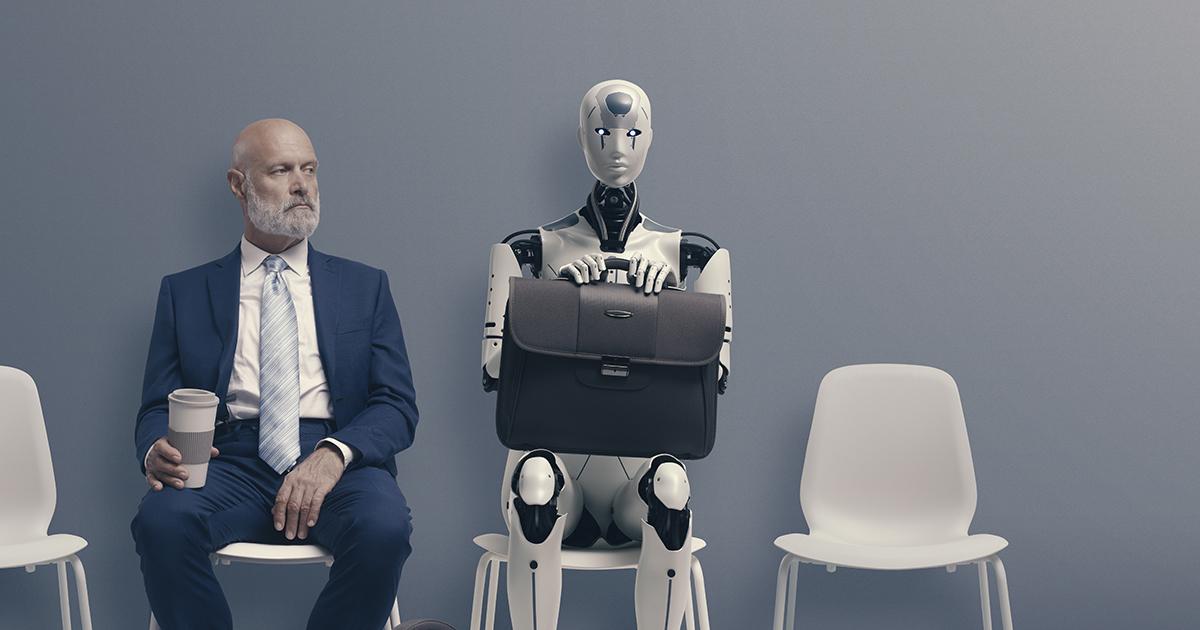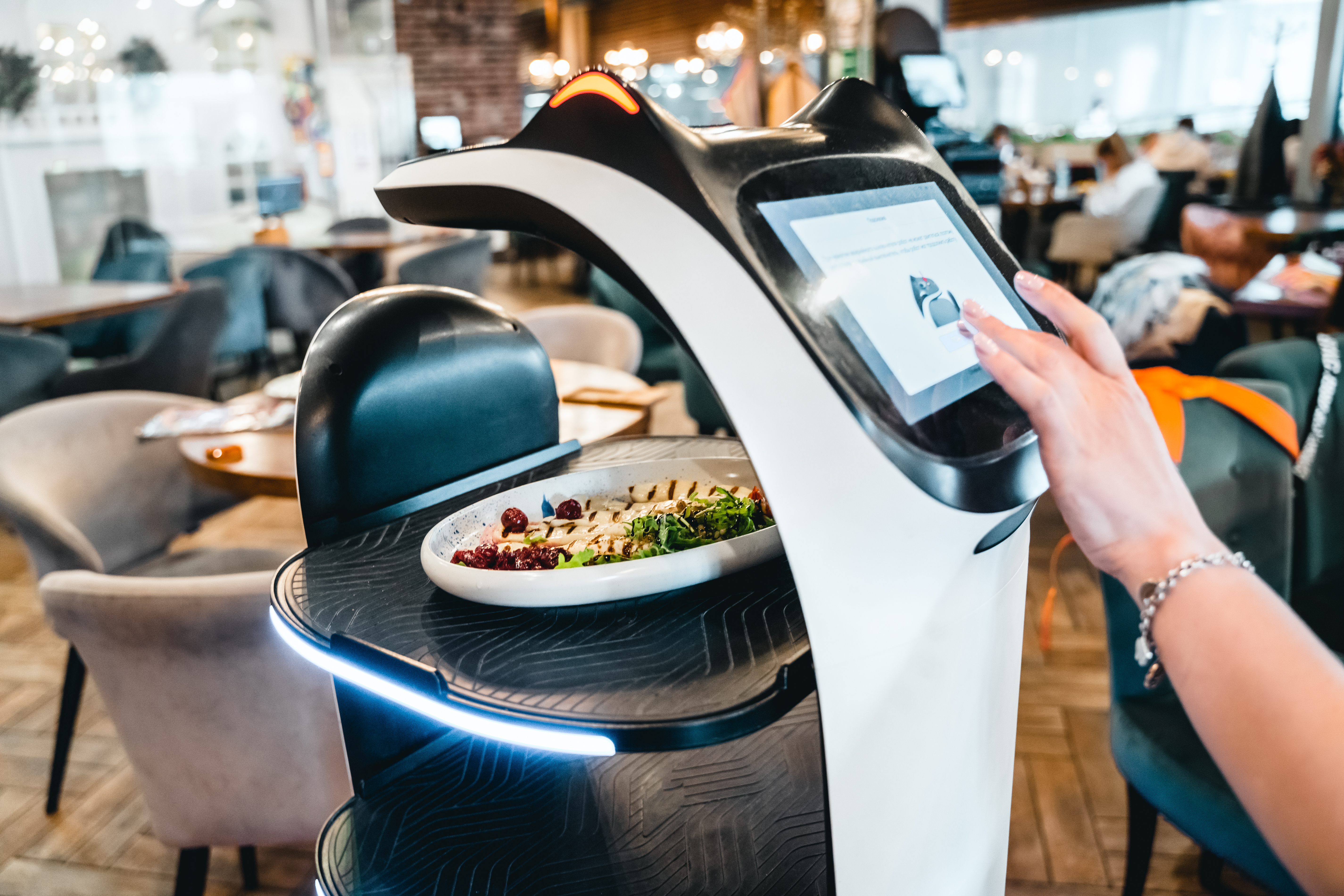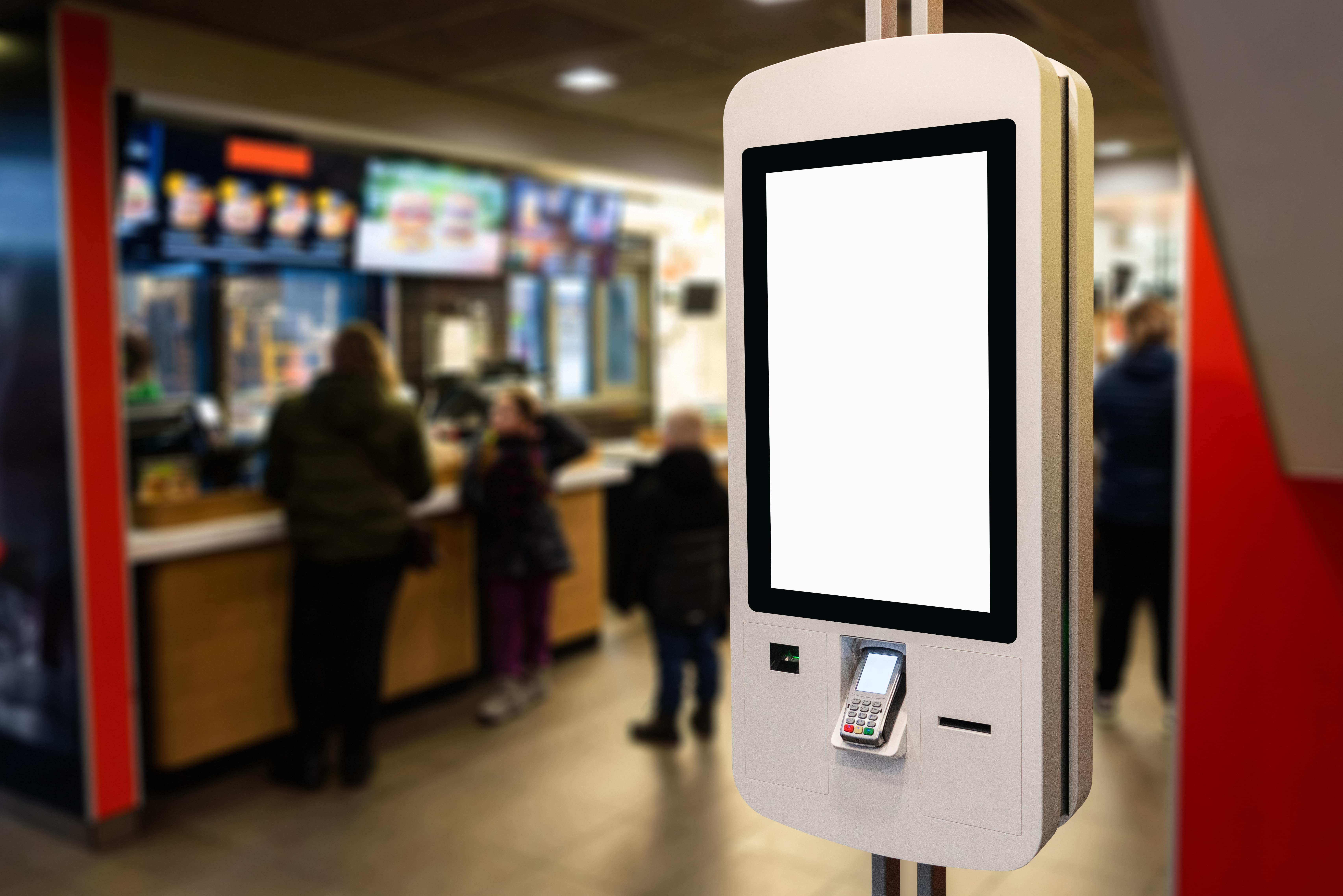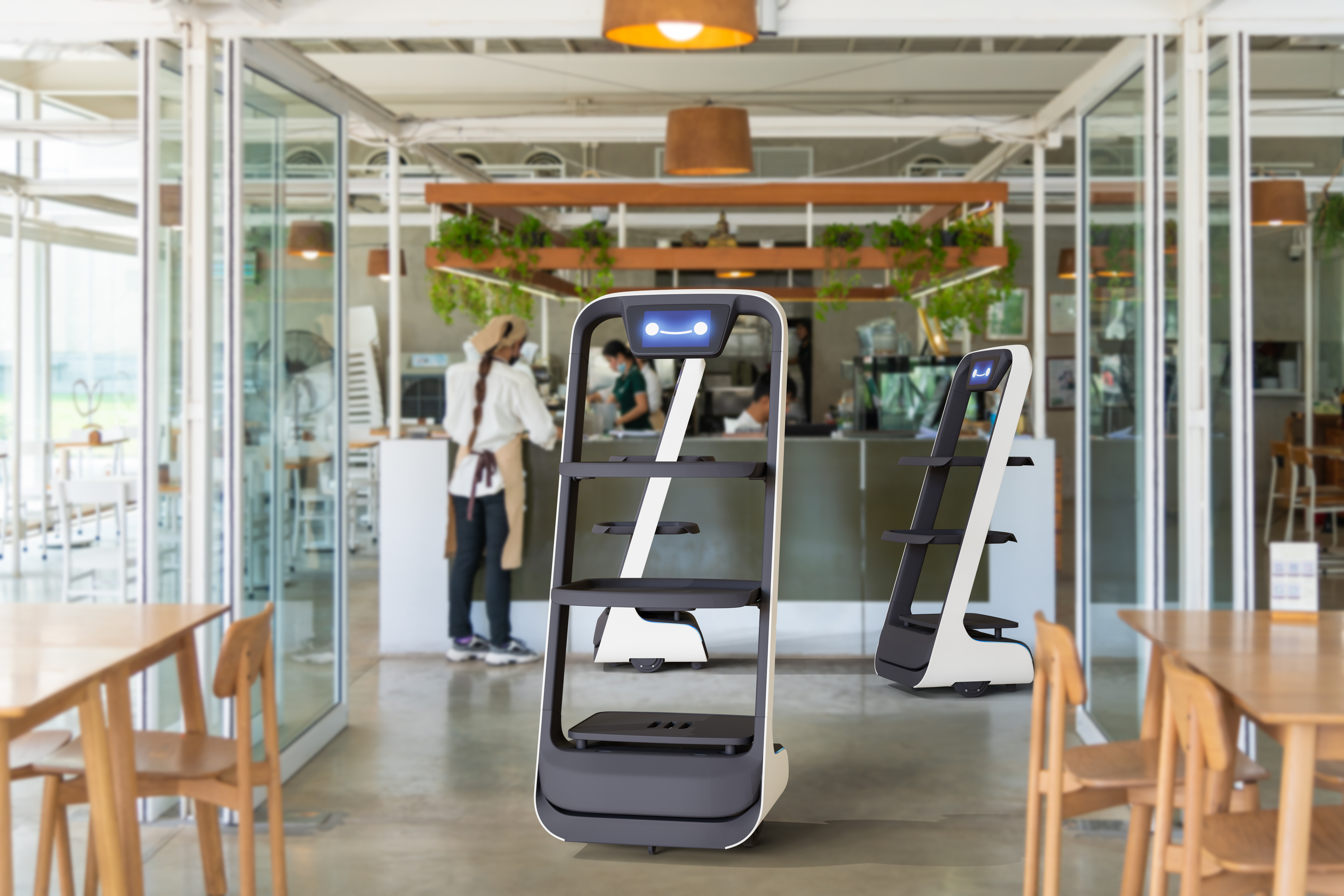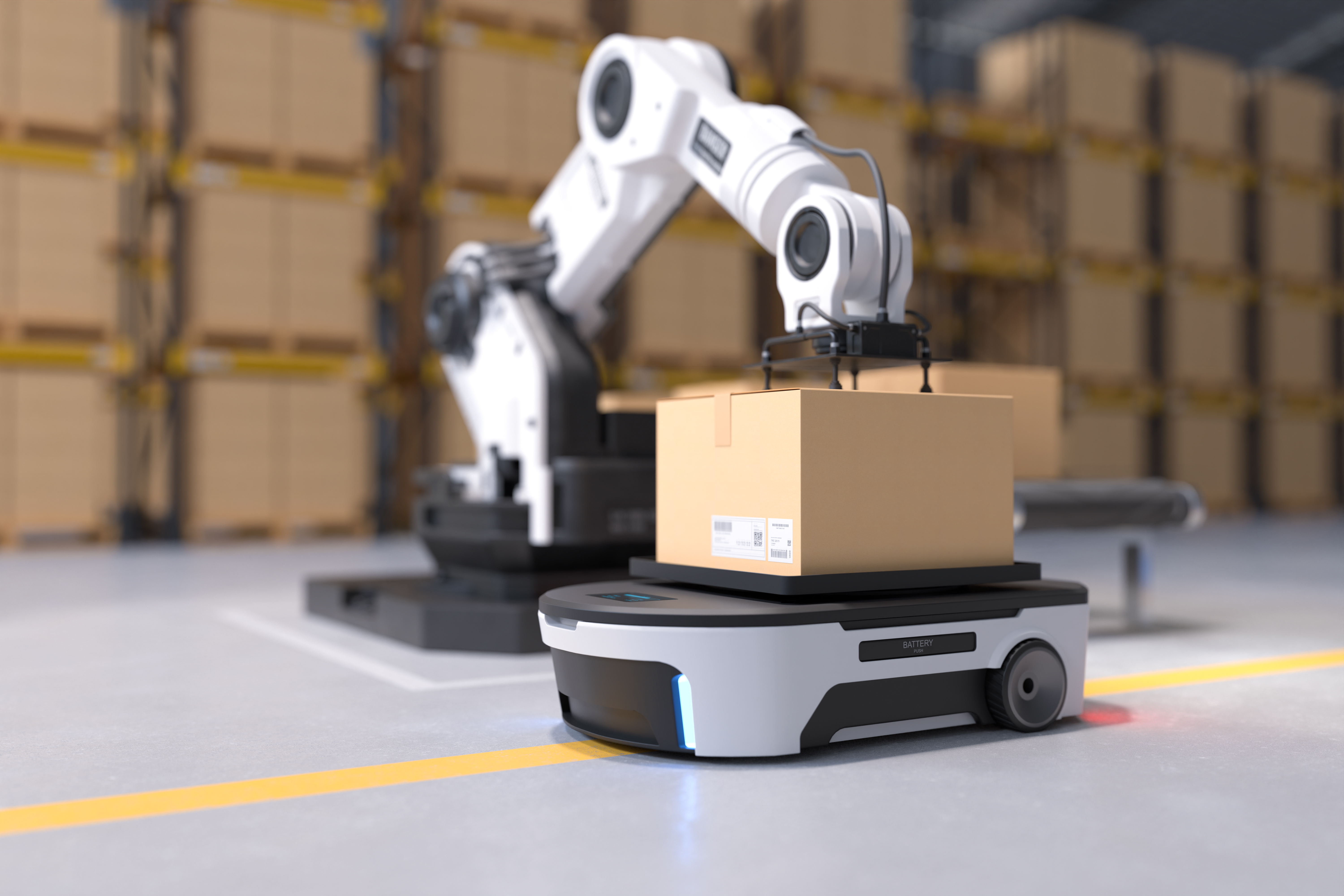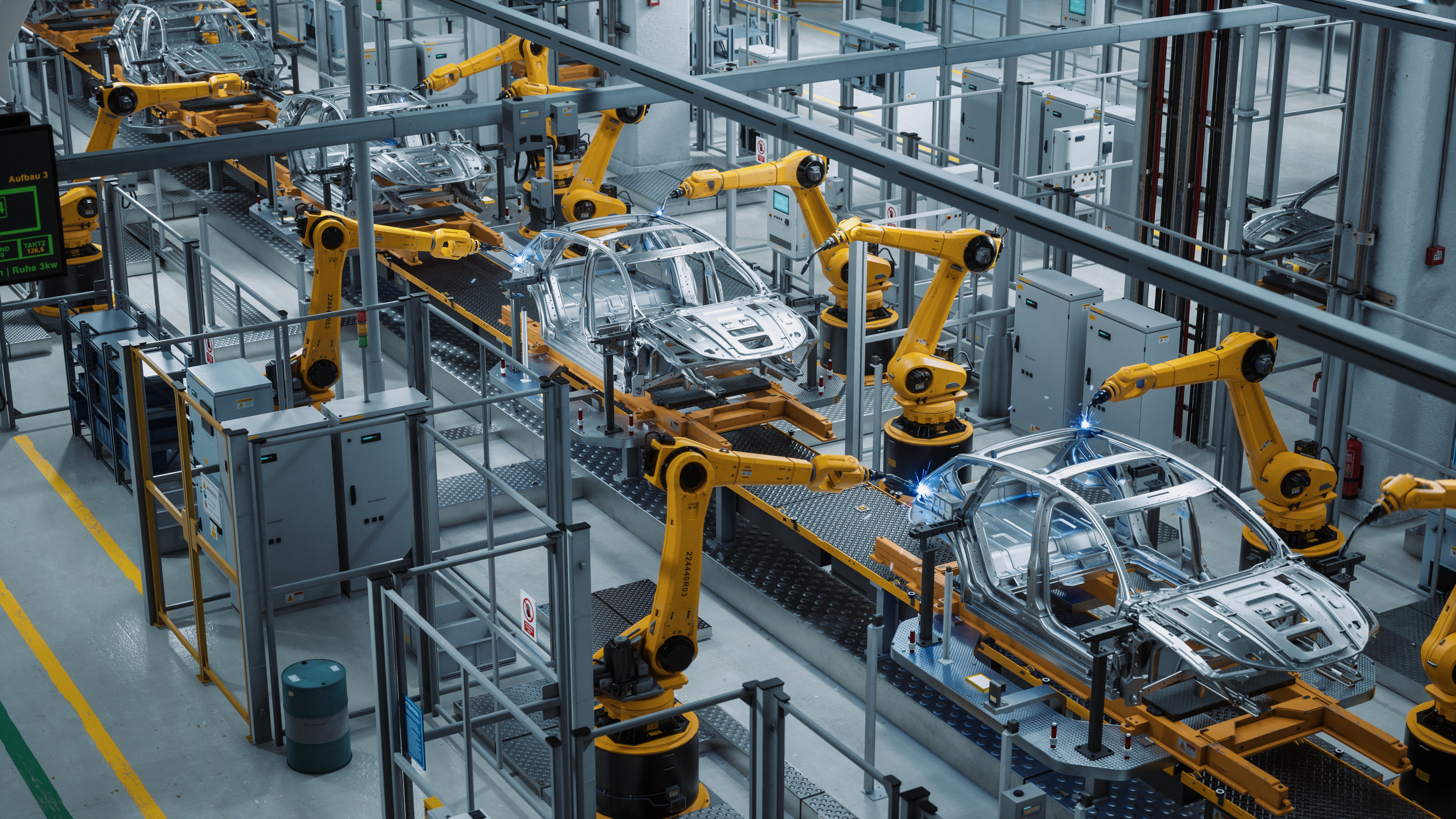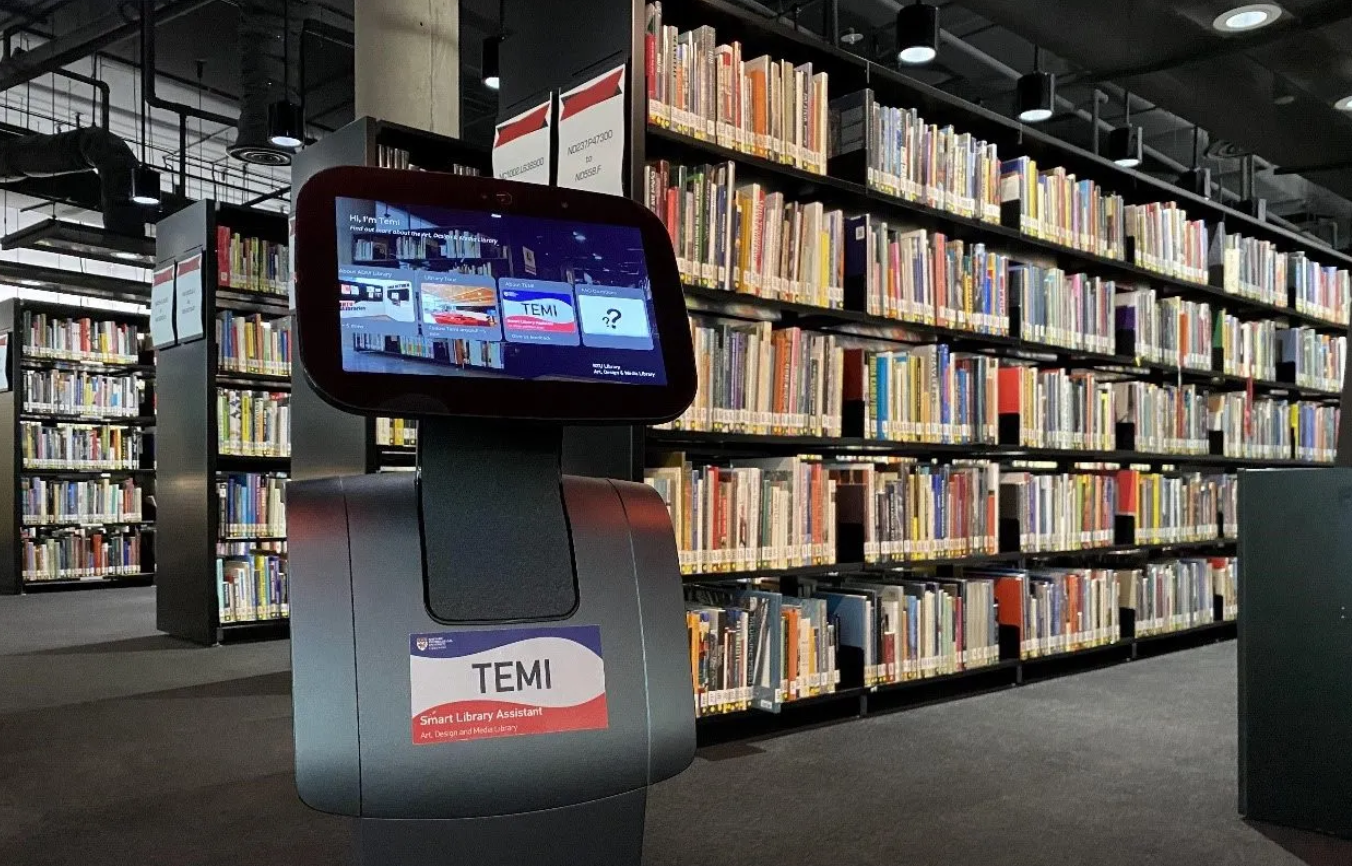The Future of Automation—and How It Affects the Job Market
With technology evolving by the minute, it’s common knowledge that the employment sector is taking a hit—and will continue to so as things continue to change.
Literal robots, drones, and advanced computer systems are taking the place of many human employees. This means that there are several current jobs that may no longer exist in the future.
So, which jobs are employers willing to give up the human experience for, and why? Is your job at risk?
This article delves into the statistical side of automation, giving a better understanding of what lies ahead in our careers.
The Rationale
First, let’s explore the reasons behind these changes.
The widespread acceptance of automation promises to create a ton of new jobs, but it comes at a cost. Automated systems are slowly phasing out jobs that used to be run by human operators.
AI systems, along with robots, are becoming increasingly intelligent and now have the ability to make decisions and perform tasks without human assistance.
Employers find robots appealing because they believe they will improve work performance, increase productivity, and cut costs.
According to Zippia Career Experts, “since 1990, the cost of employee labor has risen by over 200%. Meanwhile, the cost of robots has dropped by over 50%.”
It is widely believed that AI, robots, and automation will make us far more efficient and productive than ever before. But should we be worried about losing our jobs?
The Public’s Opinion
According to a study done by Zippia, 82% of Americans believe that by 2050, most human-operated work will be done by robots instead, and 48% say that these changes will hurt American workers.
As well, 37% of American workers “fear that automation will affect their own line of work by being able to replace them.”
On the other hand, 22% of all adults believe that automation has helped US workers.
It’s important to remember that automation and robotics are relatively new in the workplace, and change is often hard for most people—especially the older generations who are used to a seemingly different world.
Nonetheless, public opinion is an important consideration for employers when navigating the technological advances of the future.
The Give & Take
It may seem like automation is taking more than it is giving, but that’s actually not true. Automation has actually created more jobs than it has destroyed.
The World Economic Forum predicts that “by 2025, 97 million new jobs will be created by technology, while 85 million jobs will be lost to automation.”
If this holds true, we may very well experience a net gain of 12 million jobs, globally, thanks to technological advancements.
The Reality
Even though the numbers provide a bit of relief, it’s not the news most people are hoping for. New jobs may be created, but not everyone will qualify for those jobs.
There may still be a lot of people losing their jobs and unable to secure a different one.
Zippia experts estimate that, "at least 50% of the work done by those without bachelor’s degrees could be automated with existing technologies."
The Current Use of Automation
Automation has been in the works for quite some time already, with countries like the US and China already actively working on it. For example, in 2021 alone, China installed 268,200 industrial robots—accounting for about half of all global robot installations.
It is said that the use of industrial robots has increased at a 10.28% compound annual growth rate over the past decade.
Currently, The US has 310,700 industrial robots, and that number increases by at least 40,000 each year. Most of these robots currently work in factories.
Globally, there are 3.5 million working robots as of 2021—which is a 17% increase from 2020.
The Manufacturing Industry
The use of automation varies by industry. There are undoubtably some industries that are more likely to incorporate automation than others.
The industries with the highest percentage of robots in use are: transportation, manufacturing, metal and electronic, chemical, food and beverage, and wood and paper manufacturing industries.
A whopping 82.3% are found in the manufacturing industry.
The Automotive Industry
Assembly line jobs are one of the most at-risk jobs to be taken over by automation. This is because the work often includes repetitive and mechanical tasks.
Currently, in the US, the automotive industry employs 7.5 robots per 1,000 workers. This equals about 38% of manufacturing robots.
The Most Affected Jobs
Zippia experts suggest that the following jobs have an automation risk of 96% - 98%, making them the most at risk for job loss:
Accountants
Inspectors
Taxi Drivers
Cashiers
Secretaries
Office Clerks
Receptionists
Restaurant Hosts
Food Science Technician
Library Technician
Cargo and Freight Worker
Tax Preparer
Real Estate Broker
The Least Affected Jobs
According to Zippia, the jobs that make $75,000 annually with automation risks below 1% are:
Audiologists
Occupational Therapists
Sales Engineers
Dentists
Medical Scientists
Podiatrists
Education Administrators
Psychologists
Human Resources Managers
Training and Development Managers
Speech-Language Pathologists
Computer Systems Analysts
Medical Services Managers
How to Avoid Job Automation
While there isn’t much we can do to stop automation from taking our jobs, having skills such as: creativity, emotional intelligence, and STEM proficiency can certainly help secure your position.
In addition, a post-secondary education is becoming more and more important. Having a college degree can help protect you by at least 21%, according to experts.
Jobs in education, arts, and healthcare are less likely to be automated.
The Silver Lining
 Lightfield Studios, Adobe Stock
Lightfield Studios, Adobe Stock
According to Zippia, it is estimated that we may lose about 73 million jobs to automation—which is definitely a terrifying statistic. It’s understandable that Americans have a negative opinion of automation.
However, it’s important to note that there will also be at least 58 million new jobs created. This means that there are a significant number of careers that haven’t been invented yet.
If anything, robots will take over the repetitive, mechanical positions, allowing humans the opportunity to pursue more creative, innovative and meaningful careers.

